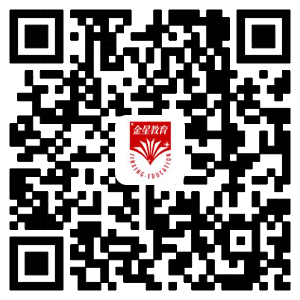1. 表语
Health is above wealth. 健康胜过财富。
This knife is for cutting bread. 这把小刀是用于切面包的。
注:有些介词(如because of)引出的短语通常只用作状语,不用作表语:
误:His absence is because of the rain.
正:His absence is due to the rain. 他因雨未来。
但是,若主语是代词(不是名词),because of 引出的短语可用作表语:
It is because of hard work. 那是因为辛苦工作的原因。
2. 状语
Don’t touch it with your hands. 别用手去摸它。
做是有意的还是无意的?
3. 定语
This is his reply to your letter. 这是他给你的回信。
This is the best way of doing it. 这是做此事最好的方法。
My love for you is deeper than the sea. 我对你的爱比海深。
4. 宾语补足语
I found everything in good condition. 我发现一切正常。
Her illness kept her in bed for a week. 她因生病在床上躺了一星期。
注:用作宾语补足语的介词短语在相应的被动语态中则为主语补足语:
He was regarded as a hero. 他被看成是英雄。
5. 宾语
A man stepped out from behind the wall. 一个人从墙后走出来。
He cannot spare any time except on Sunday. 除星期日外,他抽不出时间。
I won’t go home until after the exam. 我要等考完后再回家。
6. 主语
Between 6 and 7 suits me. 六点到七点对我比较适合。
After the exams is the time to relax. 考试后是轻松一下的时间。
注:介词短语通常不用作主语,尽管有时也像上面这样用作主语,但通常可视为是在一定的上下文中有所省略:
“When are we going to have the next meeting?” “On Tuesday may be convenient.” “我们下次什么时候见面?”“星期二可能比较方便。”
此句中on Tuesday 虽用作主语,但可视为是其前省略了meeting一词,即:
Meeting during the vacation may be convenient.
